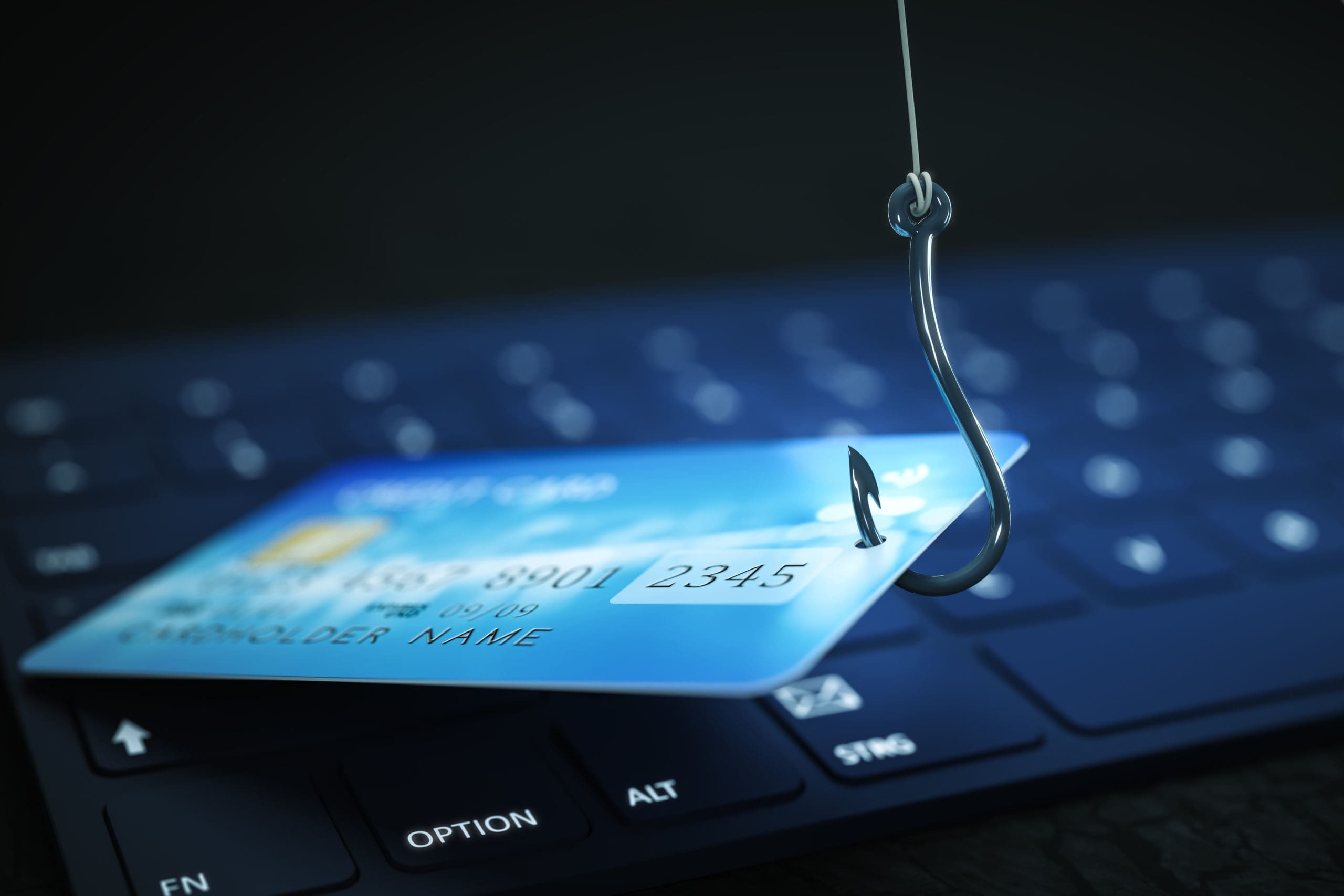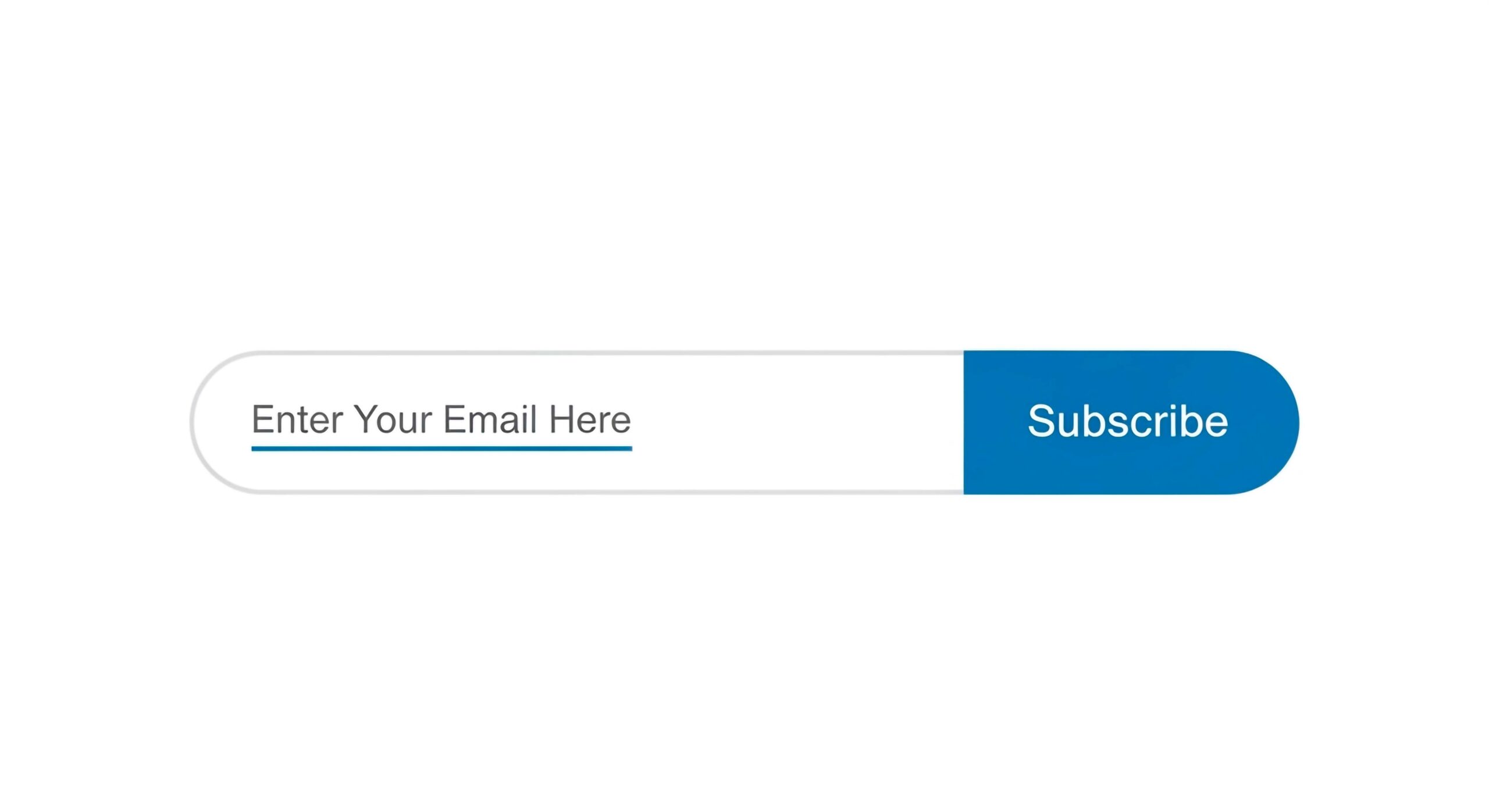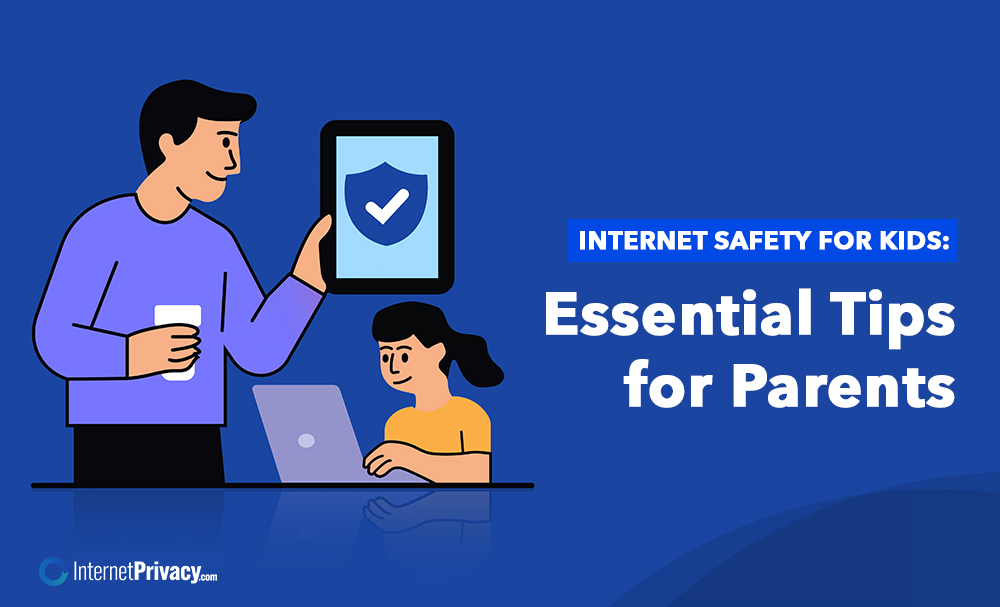How to Stop Getting Credit Card Junk Mail

Credit card junk mail can be a major nuisance for many individuals. It often fills mailboxes, overwhelms people with unnecessary offers, and poses potential risks.
Understanding why people receive credit card junk mail and the negative impact it can have is crucial in finding ways to stop it.
There are several reasons why credit card junk mail is so prevalent, including marketing strategies credit card companies employ to attract new customers.
However, the negative impact of credit card junk mail extends beyond the annoyance factor. It has environmental implications, raises privacy concerns, and can increase the temptation to spend unnecessary money.
To combat unwanted credit card offers and junk mail, there are proactive steps that individuals can take. Opting out of pre-approved credit offers, contacting individual credit card companies, and using online services to opt out are methods to consider. Monitoring your credit and staying vigilant against potential credit card fraud is important.
By understanding how to stop credit card junk mail and taking necessary precautions, individuals can regain control and minimize unwanted intrusion into their financial lives.
Why Do People Get Credit Card Junk Mail?
Credit card junk mail is sent to people for a specific reason – companies want to acquire new customers and expand their customer base. They carefully target individuals based on their credit history and other factors, all to increase the chances of them responding to the offers. T
To combat the influx of unsolicited credit card offers, individuals can opt out of unsolicited mail by contacting credit reporting agencies or registering with the Mail Preference Service provided by the Direct Marketing Association.
So, why do people get credit card junk mail? It’s simply because credit card companies want to grow their customer base and reach a broader audience.
The Negative Impact of Credit Card Junk Mail
Tired of sifting through a mountain of credit card junk mail? Let’s uncover the dark side of this invasive practice. From harming the environment to invading our privacy and fueling our temptation to spend, we’ll explore the negative impacts of credit card junk mail in this section. Brace yourself for eye-opening insights backed by credible sources, and be prepared to rethink the consequences of this pervasive phenomenon.
Environmental Impact
Credit card junk mail has a profound environmental impact, causing detrimental effects such as paper waste and deforestation. According to the Federal Trade Commission, approximately 100 million trees are cut down yearly to produce junk mail in the United States. This substantial paper waste significantly harms our forests and contributes to carbon emissions.
Privacy Concerns
Take steps to address privacy concerns related to credit card junk mail to protect your privacy. You can start by opting out of pre-approved offers and contacting credit card companies directly. Additionally, consider using free online services to remove your name from promotional databases. By doing so, you can safeguard your personal information and minimize the amount of unwanted mail you receive.
Increased Temptation to Spend
Receiving credit card junk offers in the mail can greatly tempt individuals to spend more than necessary, leading to financial strain and debt. Here are some reasons why:
- Junk mail bombards individuals with attractive credit card offers, making resisting difficult.
- Exclusive rewards: Promotions and enticing rewards, such as cashback or travel points, can tempt individuals to spend more to earn them.
- Impulsive spending: The constant presence of credit card offers can weaken self-control and encourage impulsive buying behavior.
- Psychological influence: The persuasive language and imagery used in credit card junk mail can affect emotions and increase the desire to spend.
In the 1990s, credit card companies began targeting consumers with aggressive marketing campaigns, leading to a surge in credit card debt among Americans. This increased spending temptation by credit card issuers ultimately contributed to the debt crisis that affected many individuals and families.
How to Stop Credit Card Junk Mail
Tired of drowning in a sea of credit card junk mail? Well, it’s time to end that annoyance once and for all. In this section, I’ll show you how to stop credit card junk mail and regain control over your mailbox. We’ll explore effective strategies like opting out of mailing lists, pre-approved credit offers, contacting individual credit card companies, and utilizing online services to opt-out.
No more wasted paper and cluttered mailboxes – let’s reclaim our peace of mind and protect the environment!
Opt-Out of Pre-Approved Credit Offers
- Call the Opt-Out Number provided by credit bureaus to remove your name from pre-approved credit offer lists.
- Contact individual credit card companies to request they stop sending you pre-approved offers.
- Utilize online services like the Email Preference Service to opt out of receiving promotional mail.
- Fill out and submit a printable permanent opt-out form to stop receiving pre-approved credit offers by mail permanently.
- Monitor your credit regularly to ensure that your opt-out requests are being honored.
- Be cautious of phishing scams that may try to collect personal information disguised as an opt-out process.
In 2003, the Federal Trade Commission implemented the Fair Credit Reporting Act, which allowed consumers to opt out of pre-approved credit offers. This gave individuals more control over the amount of credit card junk mail offers they received and helped protect against identity theft.
Contact Individual Credit Card Companies
- Contact individual credit card companies to gather contact information for opting out of receiving junk mail.
- Visit the website of each credit card company and navigate to their customer service or contact page.
- Locate the appropriate contact method, such as a phone number, email address, or online form.
- Reach out to the credit card company and request removal from their mailing list for promotional offers.
- Provide necessary information, including your name, address, and credit card account details.
- Follow any additional instructions the credit card company provides to complete the opt-out process.
- Keep a record of your opt-out request, noting the date and details of your communication.
Use Online Services to Opt-Out
- Use reputable online services such as OptOutPrescreen or DMAchoice to opt out.
- Securely visit their websites and create an account as instructed.
- Find the option to opt out of receiving credit card offers.
- Provide the necessary personal information, including name and address.
- Submit your request to opt out of pre-approved credit offers.
The Importance of Monitoring Your Credit
The Importance of Monitoring Your Credit is paramount to safeguarding your financial well-being. By consistently checking your credit report, you can promptly identify any unauthorized activity, pinpoint errors, and proactively prevent identity theft. Monitoring Your Credit empowers you to closely track your credit score and take the necessary steps toward improvement.
It is a well-established fact that, as per a study, approximately 1 in 3 Americans discovered errors on their credit reports that could potentially impact their credit scores.
Preventing Credit Card Fraud
To prevent credit card fraud and ensure the safety of your finances and credit score, follow these steps:
- Regularly monitor your credit card statements for any unauthorized charges.
- Set up alerts for your credit card transactions to receive notifications for any unusual activity.
- Always keep your credit card information secure and never share it with anyone.
- When making online purchases, only use secure websites and be cautious of suspicious links or emails.





